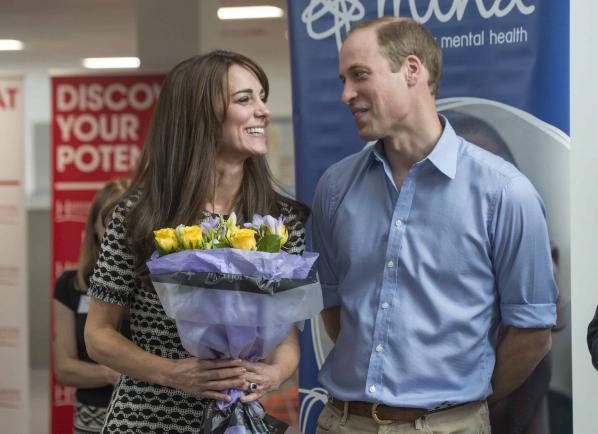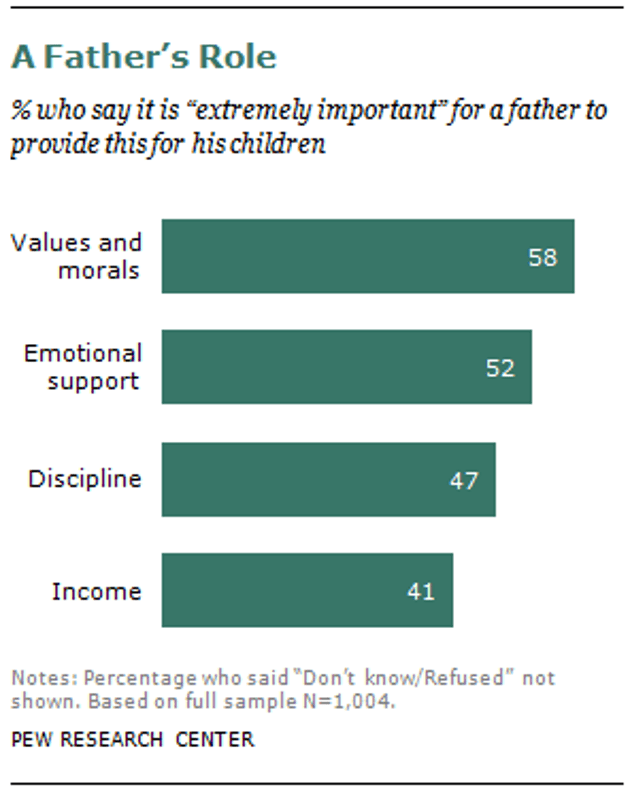
Prince William opened up about the effects of fatherhood this weekend.
And above all else, he said being a dad has made him more emotional.
As The National Post reported, the Duke of Cambridge said he will "well up at the smallest things," now after giving birth to two children, Princess Charlotte and Prince George. Before becoming a father, though, William wasn't that emotional. He said being a father made him realize the importance of life and how precious it can be.
"I'm a lot more emotional than I used to be," Prince William said. "Yeah, weirdly. I never used to really get too wound up or worried about things but now the smallest little things can get - I can feel - you well up a little bit more. You get affected by things that happen around the world or whatever a lot more I think as a father, just because you realize how precious life is and it puts it all in perspective, the idea of not being around to see your children grow up."
He also said his parents often took his family to different charity events to help them understand there was more to the world than living "in a palace," he said, The National Post reported. These lessons helped the family, especially young ones, like William, learn more about expressing their emotions.
"It's very important you get out and you see what goes on in the real world," he said.
William isn't the only new father to feel this way. In fact, a 2013 Pew Research Center report called "The New American Father" found that fathers are expected as much as mothers to provide emotional support for their children and show emotion.
In fact, 52 percent of survey respondents said that it's extremely important for dads to be emotionally available.
Part of the increase, experts told The Pittsburgh Tribune-Review, is credited to society becoming more socially accepting of fathers displaying their emotions to the public.
"It's now socially acceptable for men to talk about more than three emotions - anger, frustration or boredom," Dr. Deborah Gilboa, a Pittsburgh-based parenting expert, told The Tribune-Review. "It's a societal shift that's had a really positive impact on families and what guys now believe they can bring to parenting."
But it wasn't always that way. Experts told The Tribune-Review that it used to be expected for mothers, who would often stay at home, to provide the emotional support for children, where as dads, who typically went to work, would simply provide.
There's been a change, though, with the increase in double bread-winner homes, experts told The Tribune-Review.
"When you had standard two-parent families and fathers had been the breadwinners and mothers were at home, it was pretty easy to say it was the dad's job to bring home money and the mom's job to give emotional support to the kids," Dr. Gary Swanson, a child psychiatrist in Pennsylvania told The Tribune-Review. "With two-breadwinner families now "� if dad is gone and mom is gone, then both shoulder the other loads that were primarily left to mom. We see dads doing more chores and providing more emotional support because moms are working and the work is divided."
And recent research has found that emotional dads are a vital part to a child's wellbeing later in life. Dr. Gail Gross, an expert in human behavior and parenting, wrote for The Huffington Post in 2014 that research has found that dads who are emotionally supportive and involved with their child's lives often have better cognitive and language skills.
These children also develop better socially and have a strong sense of well-being later in life, Gross wrote.
"Your child's primary relationship with his/her father can affect all of your child's relationships from birth to death, including those with friends, lovers, and spouses," Gross wrote. "Those early patterns of interaction with father are the very patterns that will be projected forward into all relationships ... forever more: not only your child's intrinsic idea of who he/she is as he/she relates to others, but also, the range of what your child considers acceptable and loving."


